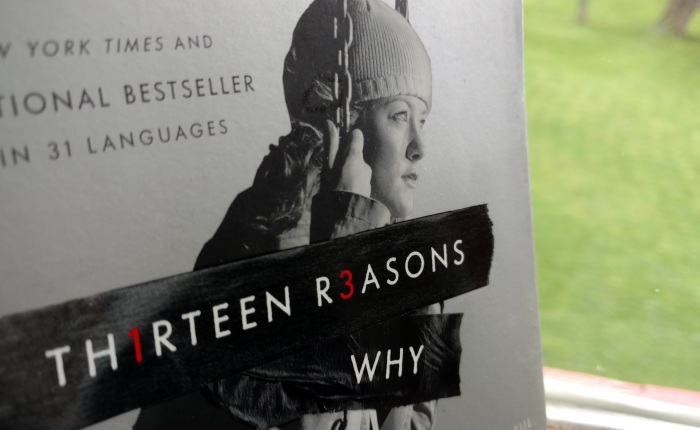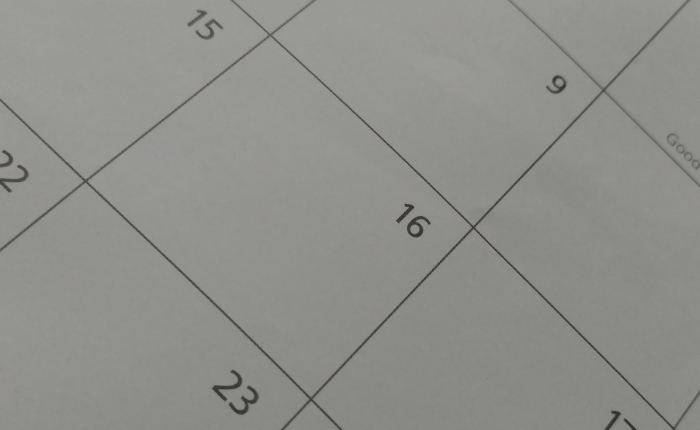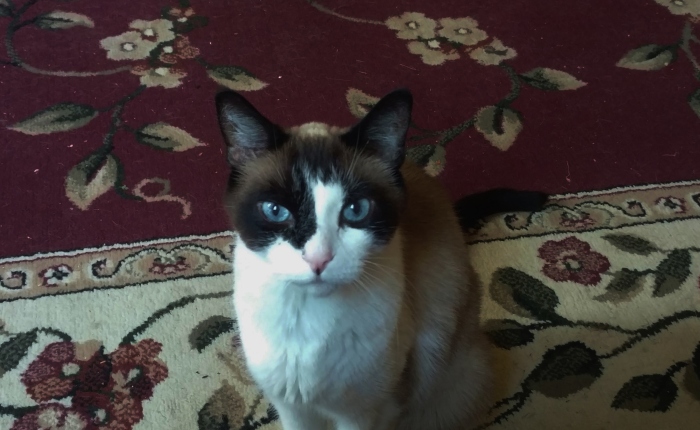Inigo: “Who are you?”
Masked man: “No one of consequence.”
Inigo: “I must know!”
Masked man: “Get used to disappointment.”
– The Princess Bride
I spend a lot of time at my friend’s house and she has three kids (ages around 5, 10, and 1). Her kids are great and I love them. I don’t have a lot of others kids in my life right now and it’s always so interesting to me to watch them do things that I remember doing. Not the big things like family trips or going to zoo or whatever, but all the little things. The white lies I also tried on my parents. The sneaky little ways they try to get out of chores. How they learn the same weird facts I learned with the same amount of awe and wonder. It’s really fun to see them go through the same motions in their own ways.
One thing that I remember as a kid is wanting to know everything. It’s a trait that I see in my friend’s kids quite often. They want to listen in on conversations, ask “who are you talking about?” every time they walk in the room, and learn all the gritty details of any drama that might be happening. Beyond just regular life, they also crave experience and knowledge that may not be good for them. They want to click the suspicious link, they want to read the book way outside their age level, and they want to watch the movies that might scar them for life. How will they know it’s bad if they don’t try it out?
This is something we all have to either eventually grow out of or we risk becoming the busy-body “friend” that no one can talk to who learned way too much way too young. You have to be okay with not knowing things in life. First off you can’t know everything anyway, so jot that down right away. Secondly, not everything is for you. Thirdly, not all knowledge is good for you. As they say, ignorance is bliss. I’m not advocating for just ignorance in general though.
But there are things that we learn to avoid, usually due to bad experiences. I learned to avoid horror movies because they were too much for me. I had nightmares and spent a lot of time thinking about them, even if I had only seen a commercial. (I’m not as sensitive to them anymore but I tend to avoid them anyway.) Something that I found I had to combat due to this is my natural curiosity. When I would happen to catch part of a trailer or part of a horror movie, I would become curious. That’s what entertainment does, it asks a question that you want answered. So you watch the show/movie or read the book. When I had the standard “I wonder how it ends…” pop into my head I had to learn to actively tell myself, “I don’t care. It doesn’t matter.” It became my internal motto whenever I was confronted with something I knew I didn’t need to know. Horror movies? Don’t need to know. Erotic romance? Don’t need to know. Certain true crime documentaries? Don’t need to know.
I have my reasons for all of these things. Overall, I just don’t want to put those things in my head. I know that I will dwell on them too much and it will not be healthy for me. As an adult, I’ve spent a lot of years figuring out what is good for me and what isn’t. I know there are things I don’t want in my thoughts. I’m sure everyone reading this has, at some point, seen or heard something they wish they hadn’t.
Children don’t have the years of experience to understand that they don’t need nor really want, to know it all. They can’t comprehend that learning some things will make their lives worse. They really just want to know. It’s a very natural thing to want. There are people who never really grow out of this and end up spending way too much time consuming media that is bad for them.
What media you watch/read/listen to is important to consider and it’s equally important to consider your own limits. I have spent a lot of time considering my own limits and also considering how I’m the only one who can make those limits. If I can’t handle horror then it’s my responsibility to deal with that. It’s my job to turn it off, leave the room, etc. Sometimes, I’m wrong. I’ve avoided movies and books in the past because I believed they had content I didn’t want to deal with. Then I would read an article, talk to a friend, or see a review about it and end up realizing I was wrong. Sometimes I’d go ahead and watch/read it after that and find it was perfectly fine. Other times I’d find out that while it was okay for me now, it wouldn’t have been fine for me when I first heard of it.
And that’s what so many people get caught up on, especially kids and teens. They fear being wrong and missing out on something that would’ve been fine. Which is, I think, the more important part of this to wrangle with. It’s not just choosing to not know something that could be harmful, it’s being open and aware that you will miss out on things. Whether that’s missing out on spending time with friends who want to do something you know isn’t for you, or just missing out on sharing childhood memories of different cultural movies/books with your peers.
It took a while but I have become much better at choosing to not know things. A popular erotic romance book? I don’t need to know. Family drama of my friends? It’s not my business. Does that guy survive this horror movie? It doesn’t matter.
My life goes on without this information and in many ways it is better without it. Like I said, I’m not advocating ignorance in general. But I think we all need to be aware and careful of what media we consume. Being okay with not knowing things is an important part of that.


